$7.6 trillion
Market Size
4.3%
CAGR
2.7%
GDP Contri.

*Note: Name, Email and Phone Number are mandatory.


IPR, Nigeria boasts extensive production of raw materials such as cassava, yams, maize, and palm oil, supported by fertile land ideal for agro-processing. Its strategic proximity to the Port of Cotonou ensures efficient logistics and cost-effective transportation, making it a lucrative investment hub for enhancing agricultural product value and boosting export earnings.
IPR, Nigeria boasts extensive production of raw materials such as cassava, yams, maize, and palm oil, supported by fertile land ideal for agro-processing. Its strategic proximity to the Port of Cotonou ensures efficient logistics and cost-effective transportation, making it a lucrative investment hub for enhancing agricultural product value and boosting export earnings.
$7.6 trillion
Market Size
4.3%
CAGR
2.7%
GDP Contri.
The IPR zone in Nigeria presents untapped potential in agro-processing, driven by several key factors. Nigeria's GDP is forecasted to grow at 2.7% annually, underpinned by robust economic diversification including agriculture and agro-processing. With the global organic food and beverage market projected to grow at a CAGR of 11.3%, there is substantial opportunity for the agro-processing sector to contribute significantly to economic stability and growth.
Strategically located near a vast majority of ports like the Port of Cotonou and Lagos, the IPR zone ensures efficient transportation and export capabilities, reducing costs and enhancing market competitiveness. Nigeria's abundant raw materials such as cassava, yams, maize, and palm oil, supported by its status as the world's largest cassava producer with an annual output exceeding 59 million metric tons, provide a solid foundation for large-scale agro-processing operations. Furthermore, the growing global demand for processed foods, expected to reach $7.6 trillion by 2025, offers lucrative prospects for Nigerian agro-processors to capitalize on value addition. With access to a market of over 380 million people within ECOWAS, Nigeria's proximity to major African markets further strengthens its appeal as an investment destination for agro-processing ventures, promising increased export revenues and market expansion opportunities.
Cashew

Production
Top Cashew Producer
Palm Oil

Market Size
1.04 MMT
CAGR
0.7%
Forecast
1.06 MMT
Cassava

CAGR
3-4%
Annual Production
50 Mn MT
GDP Contri.
4.5%
Sesame
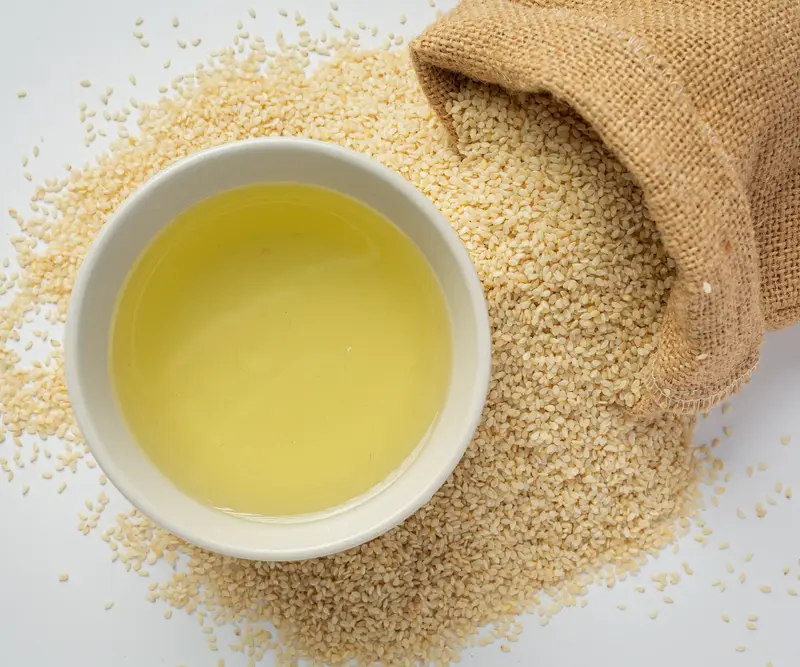
CAGR
5-6%
Export Value
$20 Mn
Ginger
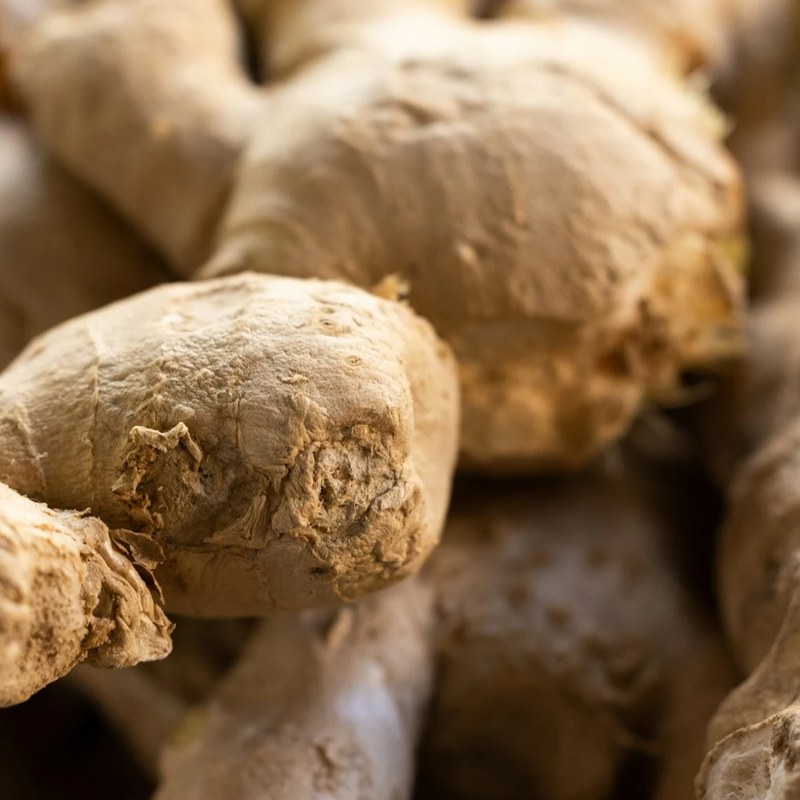
Market Size
31 Mn Mt
CAGR
5-6%
Forecast
$6.9 Bn
Groundnut
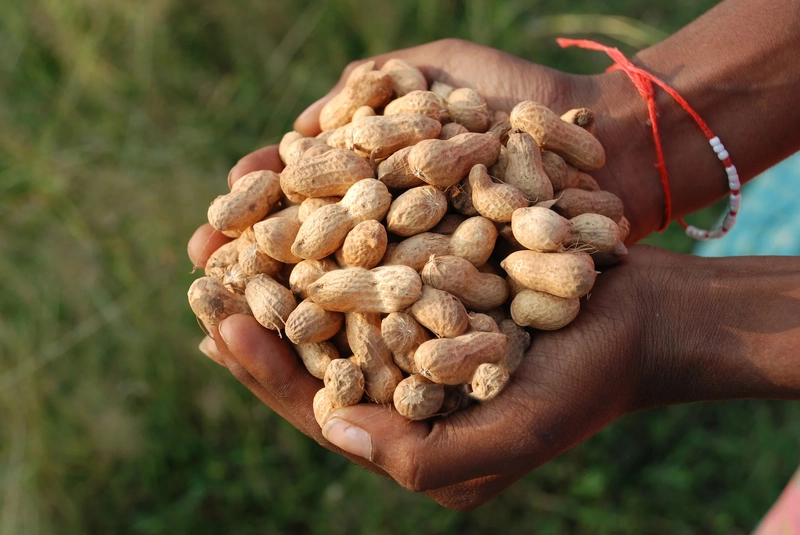
Market Size
1.60 Bn
Demand
49 Mn MT
GDP Contri.
9.34%
Soya Bean
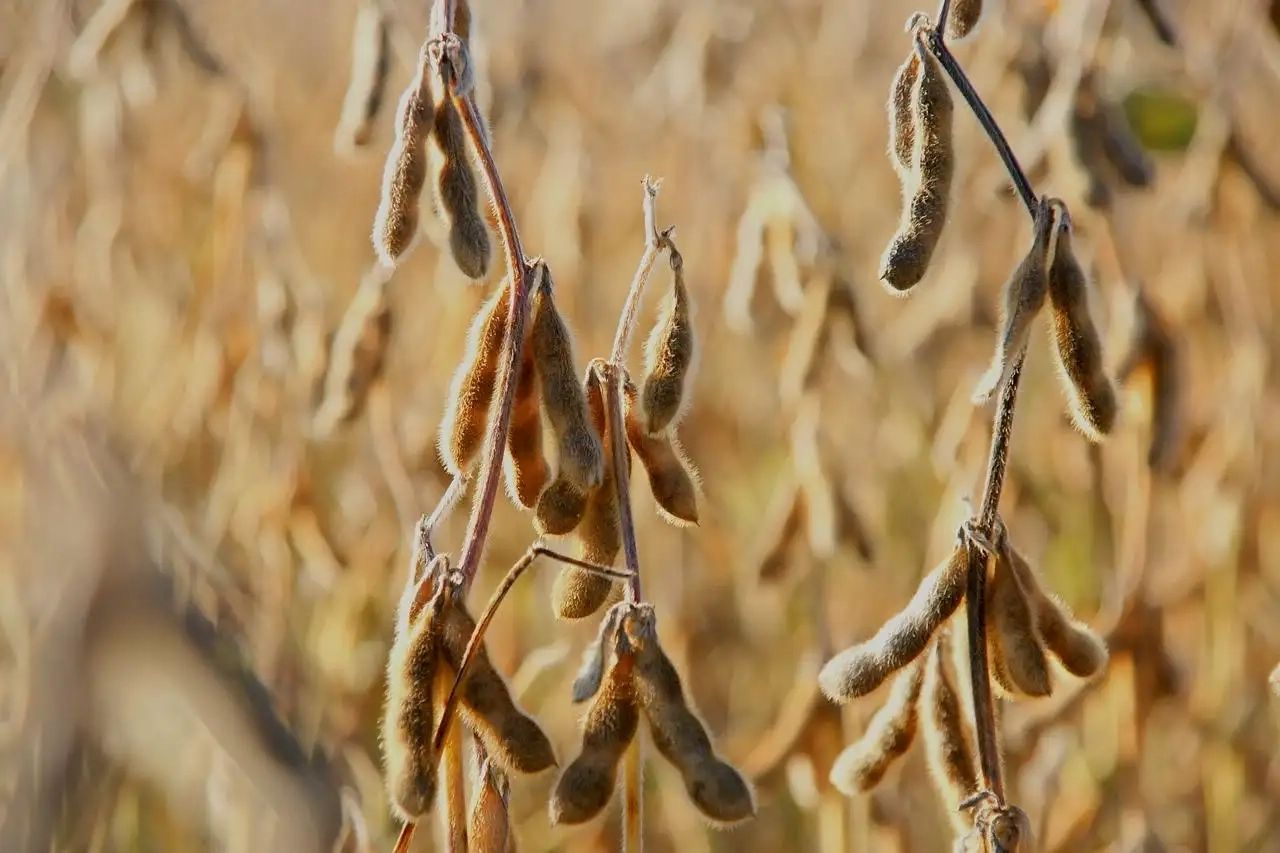
Market Size
$193.10 Bn
CAGR
4.4%
Forecast
$277.88 Bn
Cotton

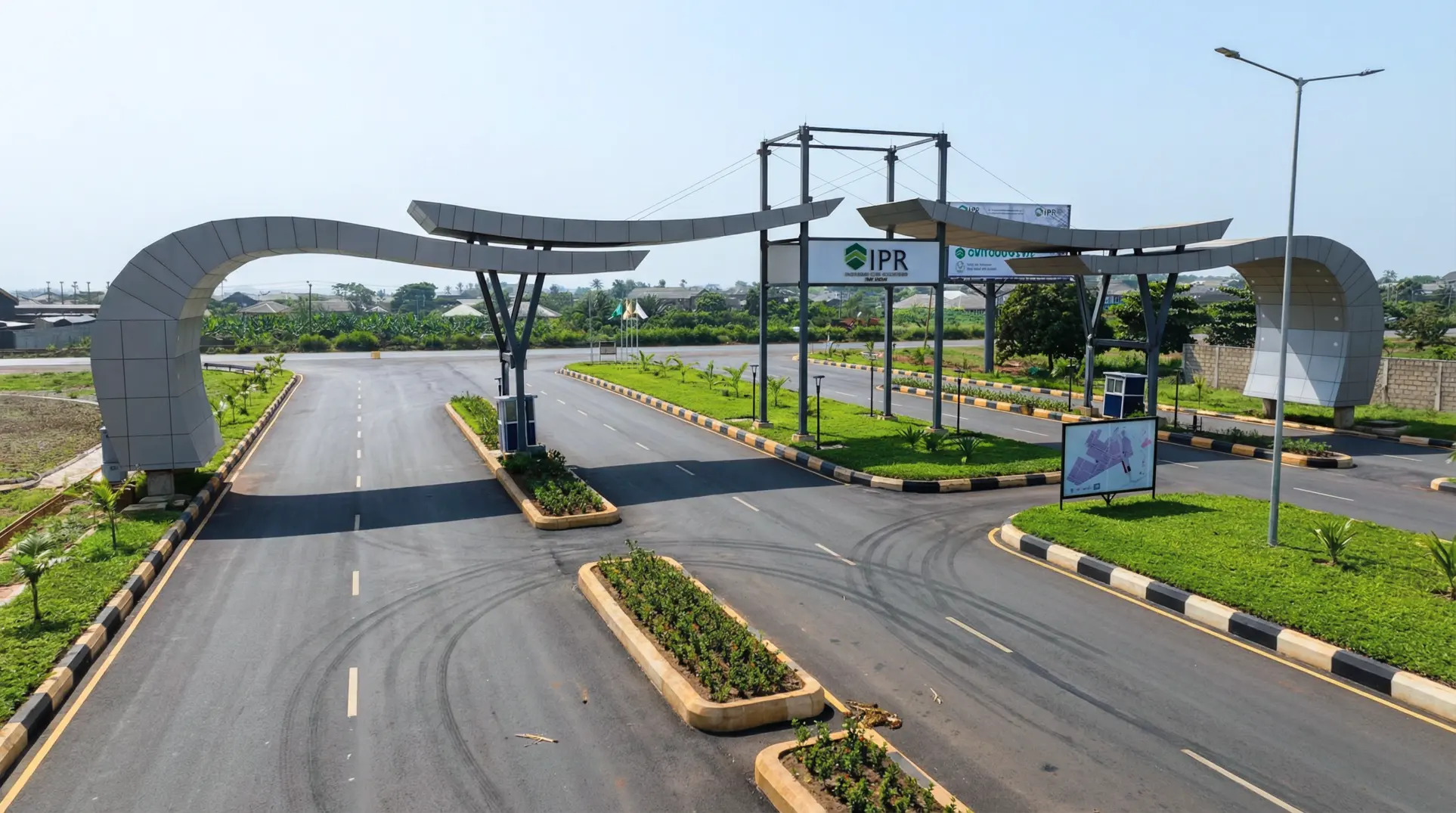
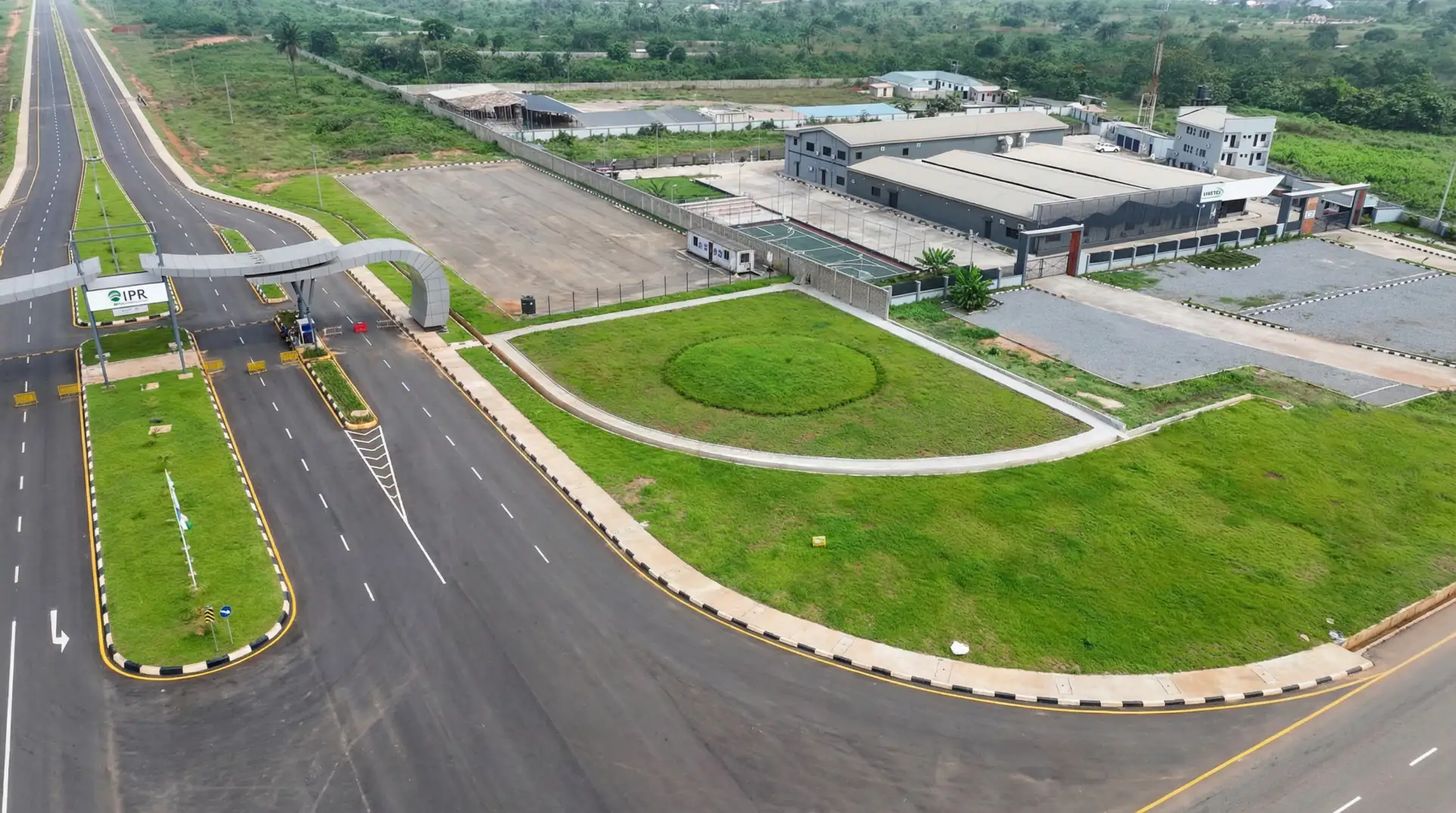
Feb. 5, 2026
Why Ogun State Is Emerging as a Prime Destination for Long-Term Investment



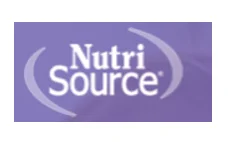






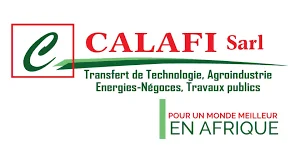


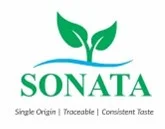
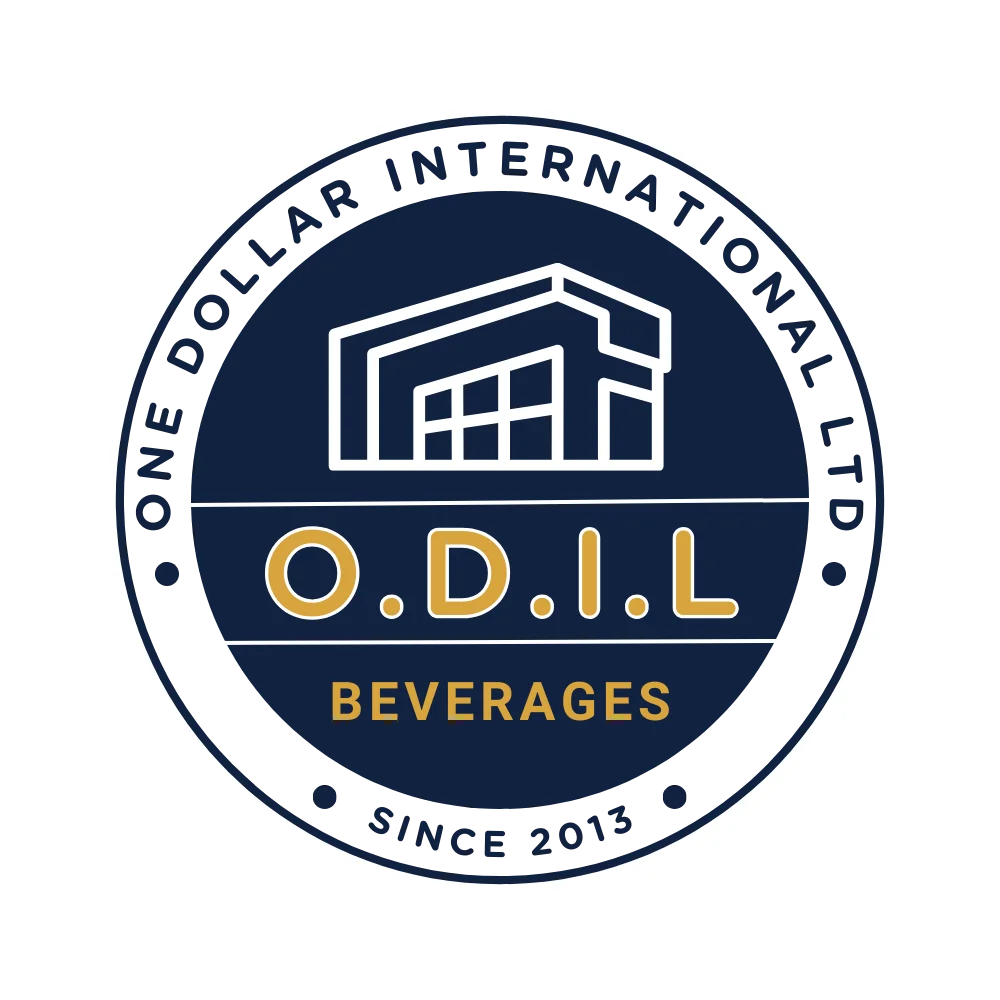
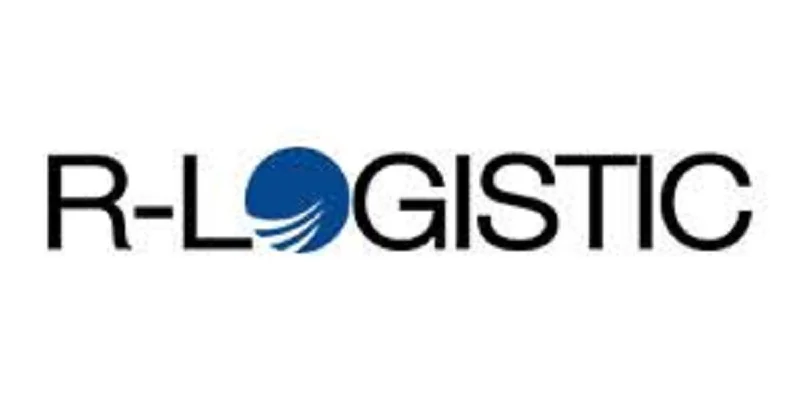


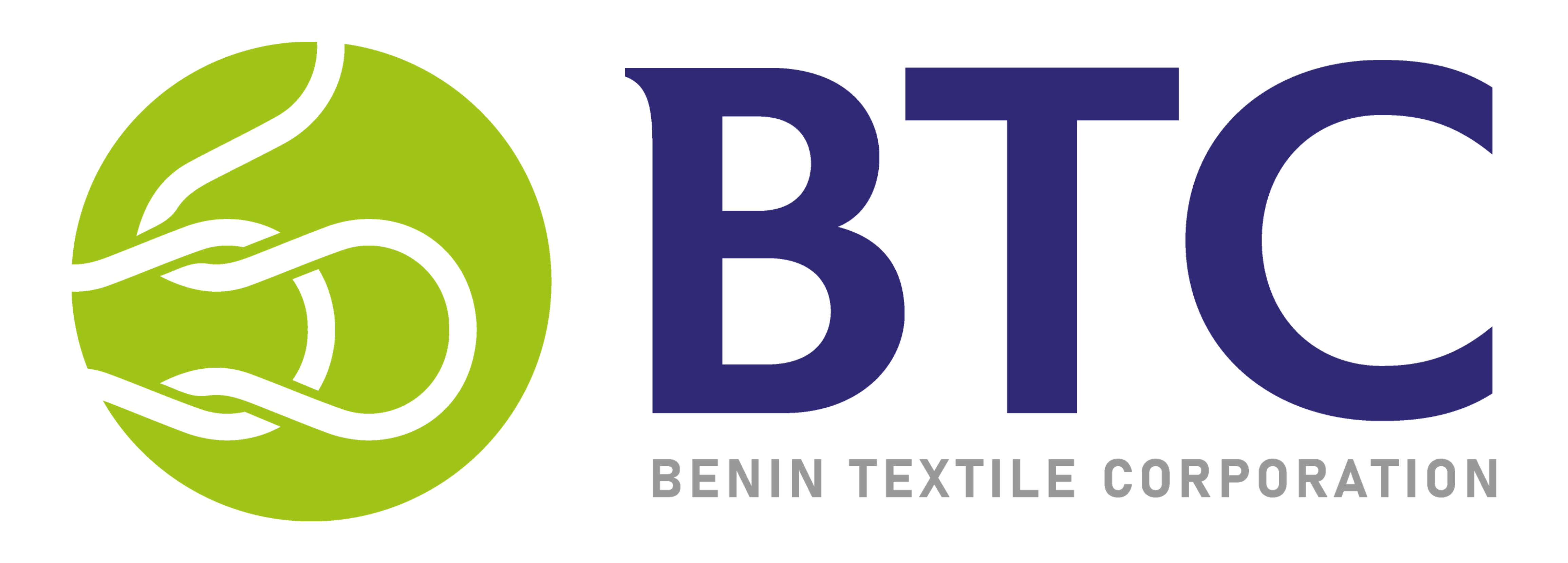




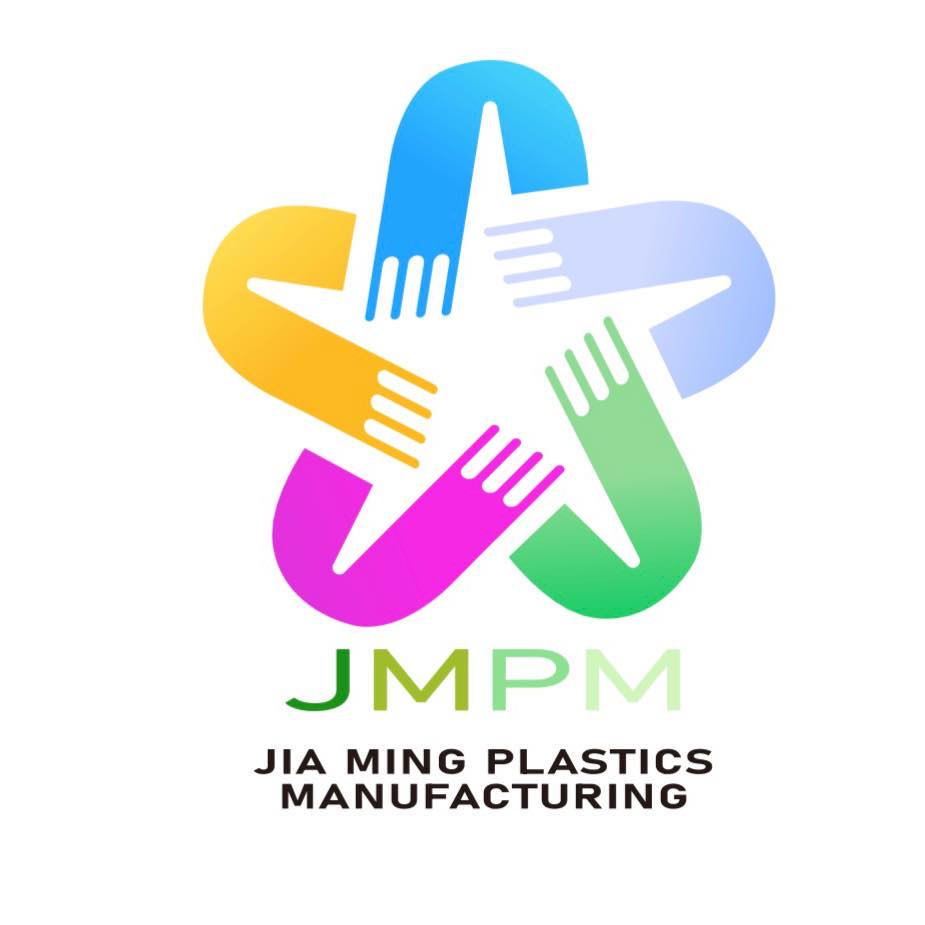


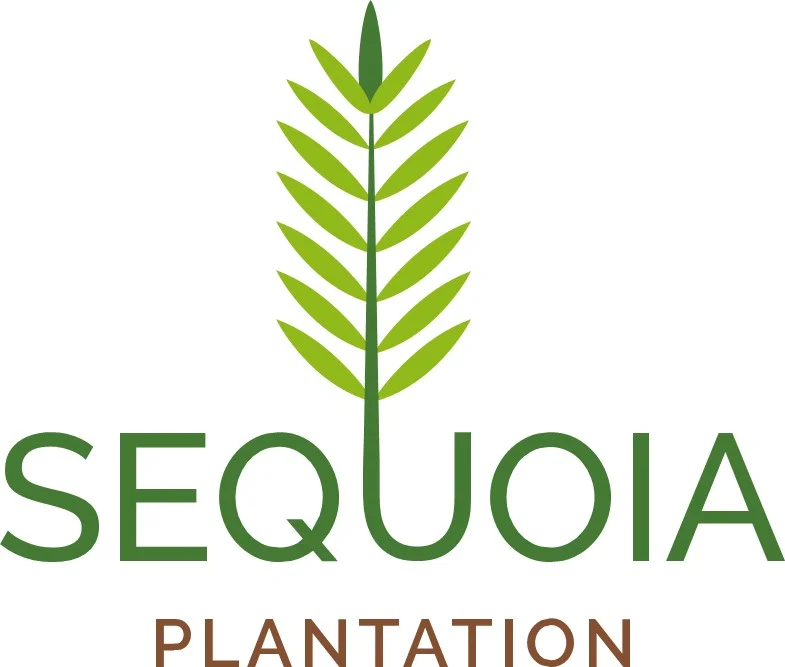


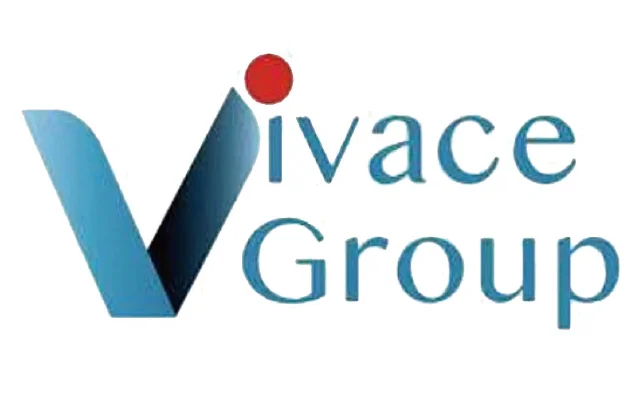

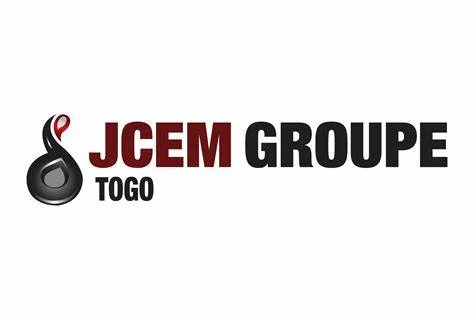
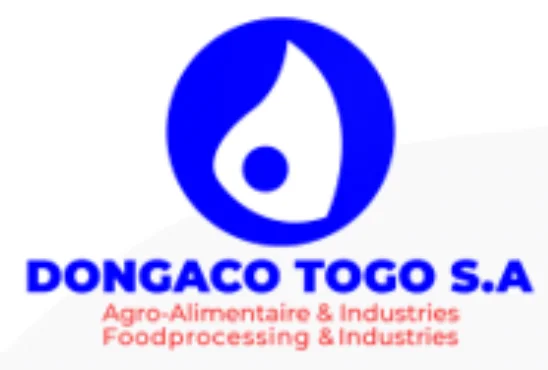













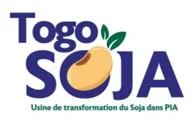
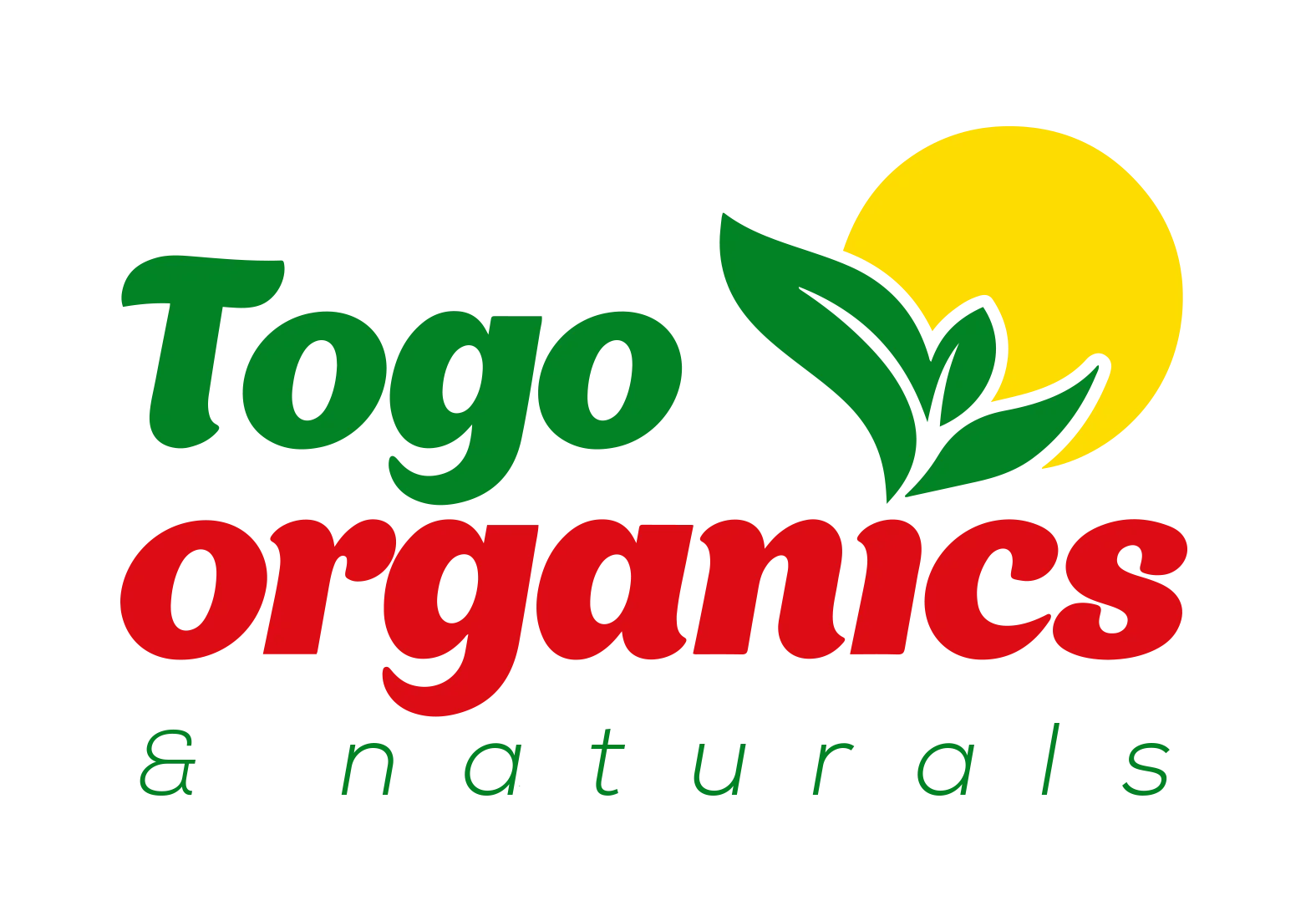
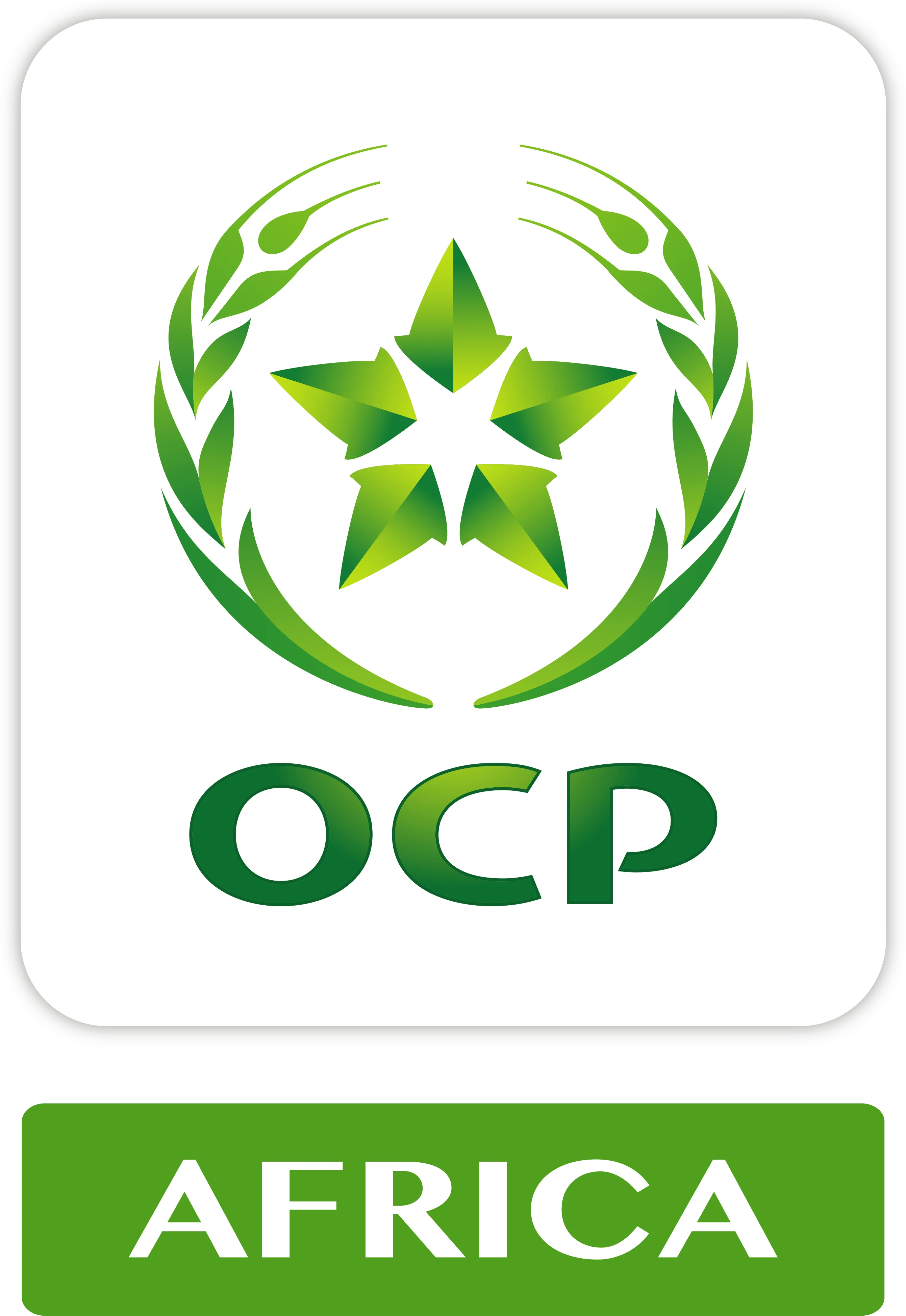
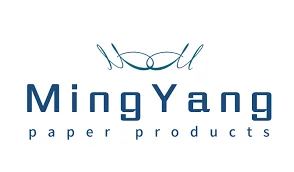

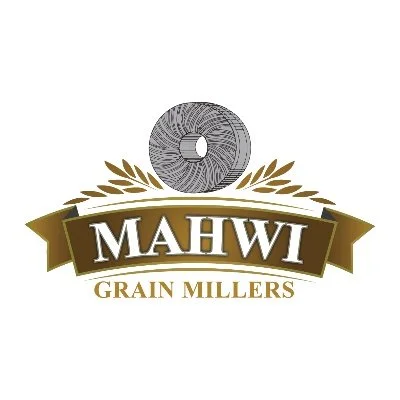





Why should I invest in agro-processing in Nigeria?
Investing in Nigeria's agro-processing sector is an attractive opportunity due to the country’s rich agricultural resources, growing domestic market, and opportunities for value addition and export.
What is the most profitable farming business in Nigeria?
Poultry farming (broilers and layers) is often considered the most profitable farming business in Nigeria due to high demand for chicken and eggs, relatively short production cycles, and scalability. Other profitable ventures include fish farming (aquaculture) and cassava production.
What are the top 3 agricultural products in Nigeria?
The top 3 agricultural products in Nigeria are cassava, maize (corn), and rice. These staples are widely grown and are crucial for food security and local consumption.
What are agro-based industries in Nigeria?
Agro-based industries in Nigeria include businesses involved in the processing and value addition of agricultural products, such as food processing, oil milling, flour milling, and textile production from crops like cotton.
What are the examples of food processing in Nigeria?
Examples of food processing in Nigeria include cassava processing into flour, oil palm milling for palm oil, rice milling, tomato paste production, and fruit juice processing. These activities transform raw agricultural products into consumable goods.
What are the key sectors within agro-processing in Nigeria?
Key sectors such as cassava, palm oil, sesame, soya bean, groundnuts and so many more all come under Nigeria's vibrant agro-processing sector.
What are the benefits of investing in agro-processing in Nigeria?
Access to a large and growing domestic market, favorable government policies, abundant raw materials, and potential for export growth.
What government incentives are available for agro-processing investors in Nigeria?
The Nigerian government offers incentives such as tax holidays, import duty exemptions, and grants for investments in agro-processing under various schemes and policies.
What are the key success factors for agro-processing businesses in Nigeria?
Understanding the local market, efficient supply chain management, access to high-quality raw materials, and effective marketing strategies are some of the key success factors.
How does the current economic environment in Nigeria affect agro-processing investments?
The economic environment, including factors like inflation, exchange rates, and economic policies, can impact investment returns. However, the growth potential in agro-processing often outweighs these risks.
What are the prospects for export in Nigeria's agro-processing sector?
The prospects for export are promising due to Nigeria's strategic location and agreements with international trade partners, though challenges like quality standards and logistics must be managed.
What are the typical profit margins for agro-processing businesses in Nigeria?
Profit margins can vary widely depending on the sub-sector and scale of operations but generally range from 10% to 30% for well-managed businesses.
How do I navigate regulatory requirements for agro-processing investments in Nigeria?
Navigate regulatory requirements by working with local consultants, engaging with regulatory bodies, and ensuring compliance with local standards and regulations.
What are the potential risks associated with investing in agro-processing in Nigeria?
Potential risks include economic volatility, regulatory changes, infrastructure issues, and fluctuations in raw material prices. Risk mitigation strategies should be developed to address these challenges.
Compare
Dear investor, please compare similar category items- either Locations or Opportunities.
*Already subscribed.
*Enter your name/email.

Sign up for exclusive investment alerts.
Already subscribed? Skip
Thank You For Subscribing to
Africa For Investors.

You will be redirected to AFI’s Linkedin Profile in 10 seconds.
Stay On AFI Website